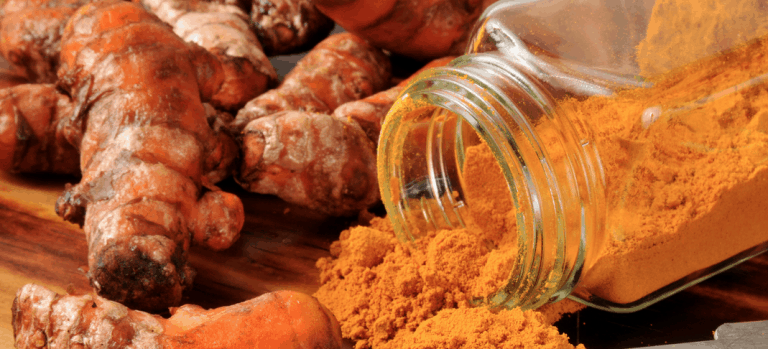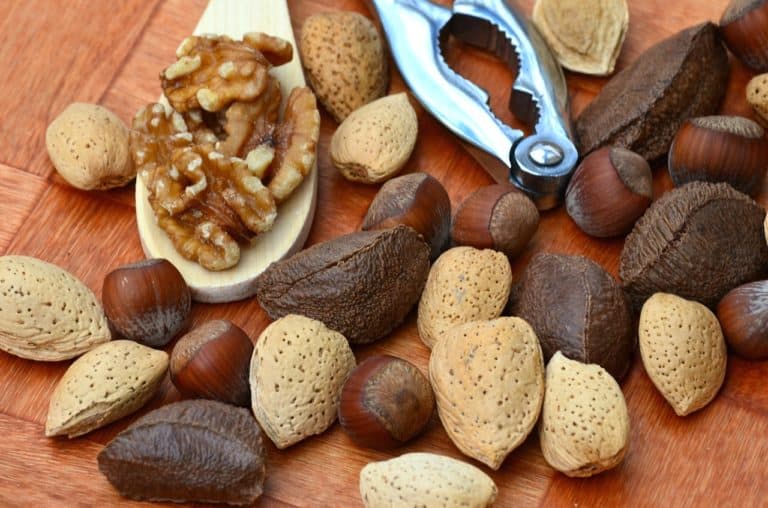A lot has been written lately about Modified Citrus Pectin (MCP) and with good reason—a number of studies have illuminated how MCP can support overall health on the cellular level. But you may be asking: what exactly is MCP, and should it be a part of my diet?
Pectin is a complex carbohydrate found in and in between the cell walls of some plants. Ordinary citrus pectin can be found in any citrus peel. It’s often used in jams and jellies as a thickener. Citrus pectin is a complex carbohydrate, basically a very long sugar chain. Because it is such a large molecule, it is also indigestible, somewhat like dietary fiber.
The “modification” in Modified Citrus Pectin makes the molecules smaller. As a result, MCP is easily digested, allowing it to circulate throughout the body.
Modified citrus pectin benefits
Regardless of where they are found in the body, cells have very defined roles. They metabolize glucose, take in oxygen, grow and divide. In addition, they also tend to stay in one place, performing the specialized task they’ve been assigned in a particular tissue.
Over the past couple of decades, a number of research studies have shown that MCP supports these healthy cellular mechanisms. For example, it is known to influence genes associated with cell growth and division and helps maintain the cell’s natural predilection to stay at home.
MCP also has a profound relationship with Galectin-3, a protein found normally in our bodies. Galectin-3 performs a variety of useful tasks, such as regulating cell growth and cell-to-cell communication. However, sometimes Galectin-3 levels become elevated beyond the norm, and too much Galectin-3 can “gum up the works.”
MCP helps maintain Galectin-3 at a healthy balance by binding to the protein and deactivating the excess. Controlling Galectin-3 levels helps prevent unhealthy cells from proliferating, attracting new blood vessels and sticking to adjacent blood vessels.
Just as MCP binds to Galectin-3, it also performs a similar function with heavy metals and other toxins. It’s an unfortunate side effect of modern life that our bodies must endure multiple toxins. Taking care of our environment is a long-term goal, but in the short-term, we can at least work to remove foreign molecules from our circulation and tissues.
PectaSol-C modified citrus pectin
As noted earlier, ordinary citrus pectin molecules are too big to be digested and absorbed. For citrus pectin to be useful, it must be cut down to size. Pecta-Sol-C, the only MCP which has been used in clinical studies, achieves this by using an advanced enzymatic process to adjust the citrus pectin found in lemons, limes, oranges and grapefruits. As a result PectaSol-C has the optimal molecular weight and structure to promote cellular health in the breast, prostate, lung and other organs. In addition, PectaSol-C has been found to promote a healthy immune system, supporting our bodies to fight off pathogens and other invaders.*
PectaSol-C has been clinically proven to support beneficial cellular processes. Ongoing research has confirmed PectaSol-C’s ability to bind to Galectin-3, heavy metals and other potentially dangerous agents, support the immune system and keep cells where they belong— important functions that help us protect our health for the long haul.







